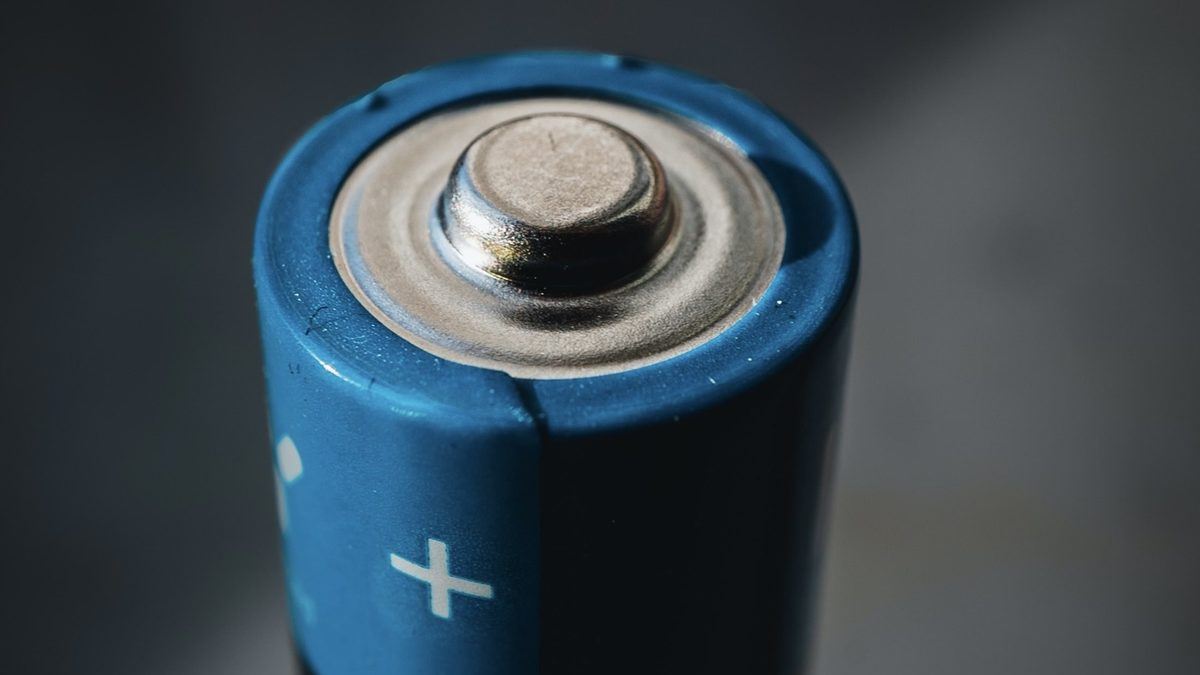New guidance from the Norwegian Maritime Directorate on requirements for training for lithium ion batteries on board Norwegian flagged ships
OilComp's new series of courses "How to handle a fire in a lithium ion batteries on a vessel" covers the Norwegian Maritime Directorate's new guide to requirements for training related to lithium ion battery on ships.
On 26.01.2022, the Norwegian Maritime Directorate (SDIR) published a circular on "Guidance on requirements for training on chemical stocks for energy (maritime battery systems) on board Norwegian ships". The circular is based on the requirement for training given in regulations 1 January 2005 no. 8 on working environment, safety and health for those who have their work on board ships (ASH regulations) § 2-6. The regulations require that those who have their work on board must receive the necessary training, among other things, to be able to carry out their work in a safe manner. Training must also be carried out before access is given to areas with serious or special risk. Furthermore, training must be given with the introduction of new technology. It is with this background that SDIR has seen a need to specify what such training should contain. And SDIR emphasizes that such training is in addition to the qualification requirements that are already described in the qualification regulations. Furthermore, the circular describes that those who are responsible for safety and emergency preparedness on board or are to operate, perform inspection or maintenance of maritime battery systems in use on board Norwegian ships must have
- training adapted to function or work tasks
- necessary practical training in addition to the theoretical training
- regular maintenance of expertise.

Firefighting at MF Ytterøyningen was demanding work for the fire service as this was the first time a battery ferry caught fire in Norway. When the extinguishing effort was over and it seemed that the fire was under control, the battery compartment exploded. Furthermore, one of the fire constables showed symptoms of flux acid exposure. Photo: Bergen Fire Brigade
The evaluation report from DSB after the fire in the battery room at MF «Ytterøyningen» describes that this was an incident where the fire brigades involved were not sufficiently prepared. The evaluation of the effort showed a lack of knowledge about the dangers, the possibilities and methods of fighting a battery fire.
After the fire on board MF Ytterøyningen, OilComp in collaboration with the Bergen fire brigade, research communities and battery manufacturers developed a series of courses covering fires in lithium ion batteries. A course series called called "Managing fire in a lithium-ion battery on a ship". OilComp has also been a contributor to the working group of the Petroleum Safety Authority Norway's "Cooperation for safety" group on how to handle fire in in lithium ion batteries. A group where SDIR also is an active member.
To date, more than 2,000 seafarers, offshore workers and rescue personnel have completed e-learning and / or participated in OilComp's Lithium ion battery fire courses with good feedback.
Basic course together with advanced course cover the “Norwegian Maritime Directorate's guidance on requirements for training on chemical stocks for energy (maritime battery systems) on board Norwegian ships” with the exception of equipment-specific training. Equipment-specific training is planned to be offered by OilComp at a later date.
Practical courses for fire- and smoke diving teams and accident site managers cover the guidelines' requirements for persons responsible for safety and emergency preparedness on board
For an updated view of schedueled courses see this page



